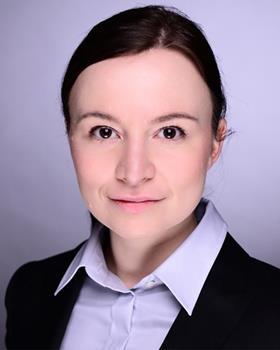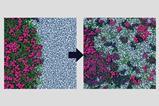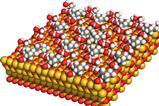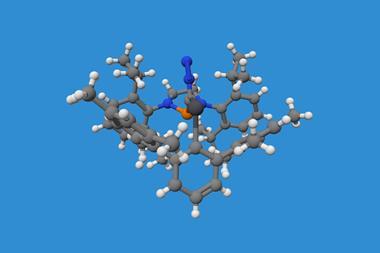Global challenges, like a clean energy future or circular economy, have increased the demand for new materials. Typically, the performance of materials depends on a multitude of parameters which makes traditional research approaches, relying on experiments solely, slow, inefficient, and prohibitively expensive. Data driven approaches can significantly speed up the discovery process and shorten the time from idea to market.
In this presentation, we illustrate how the integration of Schrödinger’s machine learning technologies with physics based modelling can be utilised to predict properties of new materials. Use cases from important materials science areas, like polymers and opto-electronic materials, illustrate how data generated from experiment as well as physics based modelling can be used to build machine learning models to predict physical properties and even suggest new compounds. Finally, we demonstrate how the integration of machine learning approaches into collaborative design schemes can maximise their usability and accessibility to non-expert users.
In this webinar you will:
- Learn about the integration of Schrödinger’s machine learning technologies with physics based modelling that can be utilized to predict properties of new materials
- Hear about use cases from materials science areas and how data generated can be used to build machine learning models
- See how the integration of machine learning approaches into collaborative design schemes can maximise their usability and accessibility

Speaker: Laura Scarbath-Evers, Senior scientist at Schrödinger

Schrödinger is a leading provider of advanced molecular simulations and enterprise software solutions and services for its clients in the materials science research space. Schrödinger also establishes deep partnerships and collaborations with companies in such fields aspetrochemical, semiconductor, aerospace, and specialty chemicals. Founded in 1990, Schrödinger has nearly 500 employees and operations in the United States, Europe, Japan, and India, as well as business partners in China and Korea.




















